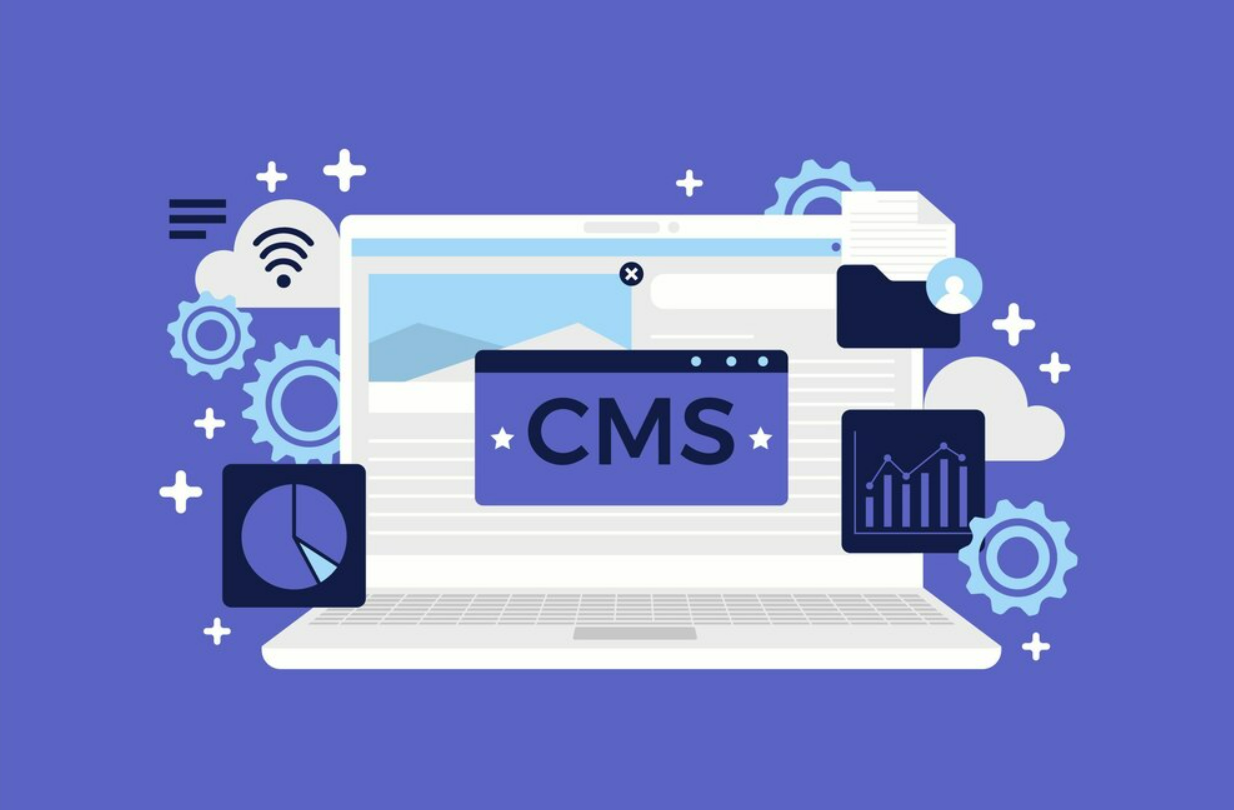The process of creating, editing, organizing, and publishing material and digital assets utilizing cloud-based technologies, such as cloud CMS, is known as cloud-based content management software. Compared to software contained on-premises, it frequently offers greater flexibility and agility in a constantly changing digital world.
A content management system that is hosted in the cloud is known as cloud CMS. Cloud CMS eliminates the need for businesses to purchase their own infrastructure, such as servers or networking, in contrast to conventional CMS platforms that are hosted on-premises. Although organizations continue to use cloud-based systems due to these advantages, cloud content management is now essential for a number of other reasons as well.
Benefits of Using Cloud-Based Content Management Software
Some key benefits of using Cloud-Based Content Management Software for small businesses are as follows:
Releasing the value of content:
The requirement to organize, preserve, and make generated information accessible and usable for knowledge workers is driven by the sheer volume of documents and materials that are produced in an organization. In documents, emails, videos, and other forms, up to 80% of the information in an organization is unstructured. ‘Big content’ has been used to describe this. Big content has just as much commercial value wrapped up in it as big data do. With its focus on compliance and control, on-premise ECM made it possible to manage material but not optimize it.
Cloud-based content management integrates content with operational procedures to empower workers and partners and unleash the full potential of the content at your disposal.
Incorporating business procedure and content:
Horizontal activities including accounts payable, invoice processing, case management, contracts management, and correspondence management must now be automated by organizations. Cloud-based enterprise content management solutions are made to be linked to key business processes and systems to address the ever-increasing demand for connection across corporate boundaries.
The cloud content management platform offers centralized information management and governance while making sure that content is accessible at the edge through integration into business applications (like ERP or CRM) to empower the employee at each stage of the process and help automate steps in previously manual content-driven processes.
Increasing output and contentment among the employees:
Over older on-premise systems, a cloud-centric approach to content management has been shown to increase productivity. According to Forrester, businesses using cloud content management solutions reported twice as much productivity gains as those using purely on-premise systems. This is mostly explained by the improved usability that cloud-based technologies offer. To put it too simply, stuff may now be pushed to the user so they can work more quickly and efficiently.
According to the Forrester survey, content usability ranked third among the advantages anticipated from cloud-based content management systems. The increasing proportion of millennials in the modern workforce is another factor supporting the significance of usability. By 2025, millennials are expected to make up three-quarters of the world’s workforce, and they expect.
Increasing data protection and security:
It is odd that the widespread increase in cloud adoption has not allayed organizations’ worries about information security. Ironically, on-premise deployments no longer offer the same levels of protection as are offered on the web. Additionally, a real-time security update is being applied to a cloud content management system. Instead of waiting until the end of maintenance cycles, upgrades, and fixes are applied as they become available.
When it comes to data protection, this is also accurate. The organization is now far more responsible for how it saves, handles, and uses sensitive data under new standards like GDPR or CCPA. Cloud services make sure that businesses are aware of where all data is stored, who is using it, and how.
Decreased information sprawl:
Data for contemporary companies comes from an array of sources, including old systems, unrelated systems, and various applications for producing, storing, sharing, and collaborating. To organize, centralize, and make this material accessible to all, many document management systems are created.
Conclusion:
Cloud-based content management systems (CMS) offer a simple and effective solution to control the content of your website, blog, or online store from a single dashboard. Prior to moving forward, you should think about your budget, long-term business goals, and your team’s capacity for change. However, migrating to a cloud CMS platform has several advantages, like faster performance, easier collaboration, improved security, automatic upgrades, and much more.




